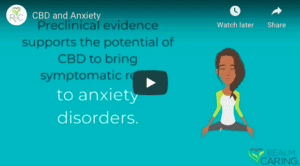
Cannabis legislation a priority to U.S. House and Senate members in 2021
With the start of the new year, several bills are expected to be introduced by Congress in the name of cannabis legislation and reform. Two congressional bills have, in fact,

With the start of the new year, several bills are expected to be introduced by Congress in the name of cannabis legislation and reform. Two congressional bills have, in fact,

Observational studies and trials in both humans and rodents in recent years have reported the beneficial use of cannabinoids in the form of cannabidiol (CBD) cannabis and hemp extracts as

Here at Realm of Caring, we strive to educate our clients on the science behind cannabis. One of the most popular questions we get is, “What is a terpene?”. Terpenes

Recent years have seen a boom in skincare and makeup products that incorporate CBD oil. And it’s little wonder–CBD is often marketed as a miracle oil, capable of clearing up

At Realm of Caring, we believe that taking simple, natural steps toward a healthier lifestyle can have a massive impact on your overall quality of life. While holistic methods should

If you have ever used a cannabinoid therapy, such as CBD, for yourself, you may have also considered using it for your pet. If they have witnessed pain, stress, or



The Endocannabinoid System (ECS) is arguably the most essential biological system in the body. It is involved in regulating nearly every physiological process, to include female reproductive events. The main

This blog was written by Cathe and submitted by our friends at Stratos. I am 63 years old. Four years ago breast cancer and the medications I needed to
Open the following in new tabs if you:
If you are already a user: Client Login
If you are not, then register: Client Registration
Once Logged in, click below to refresh the page.